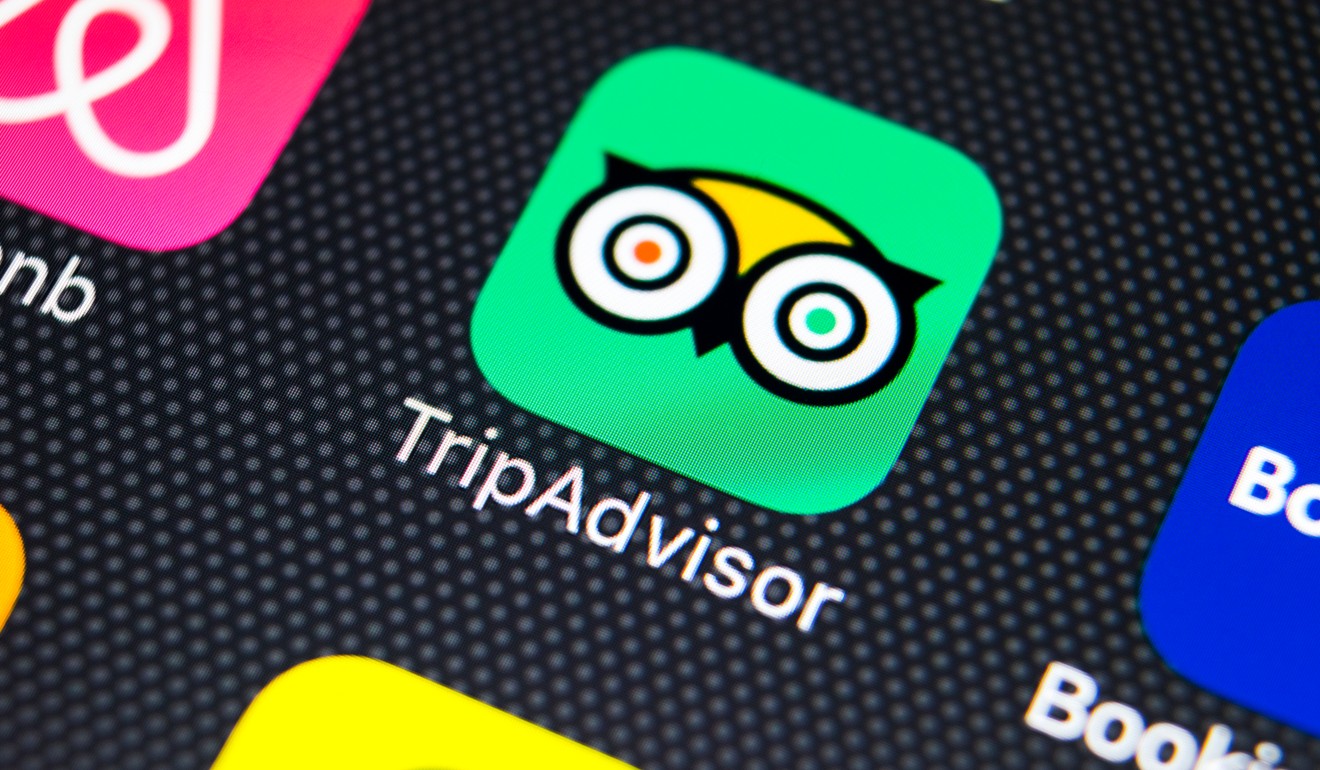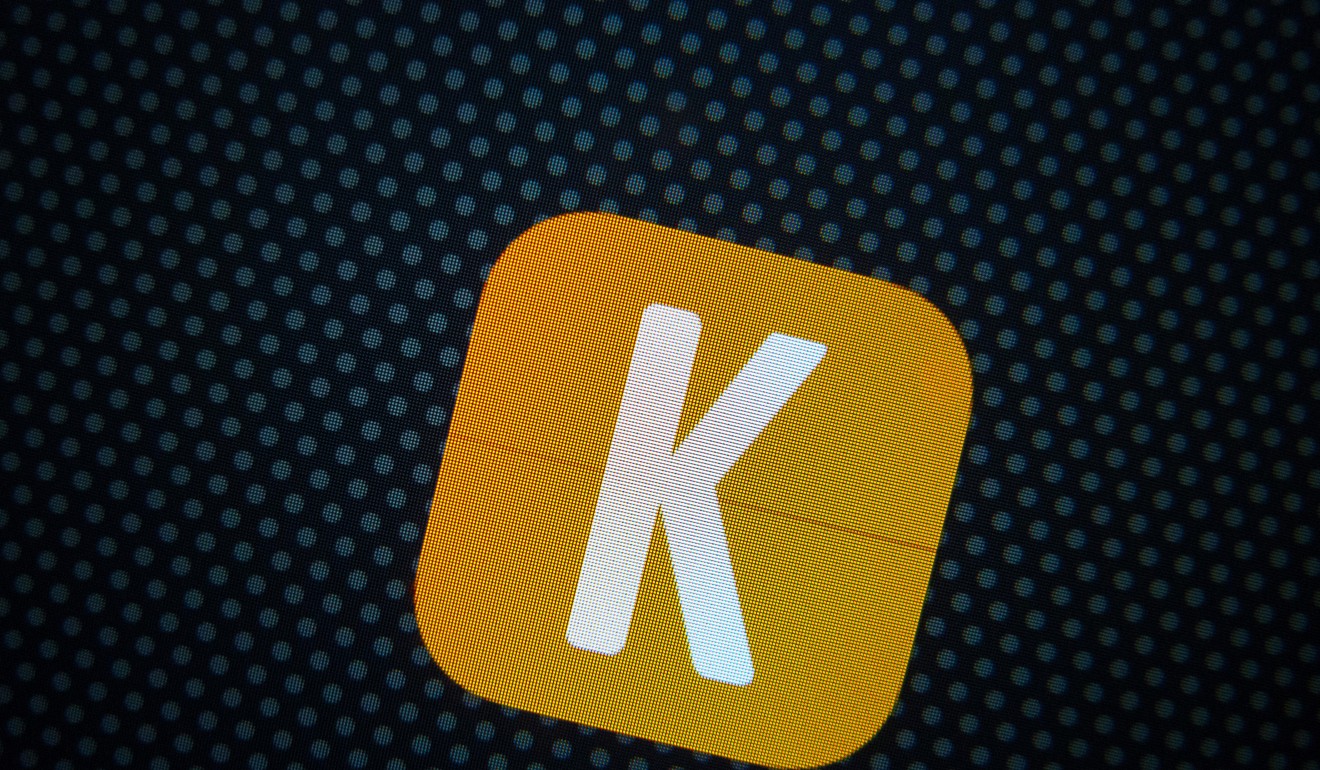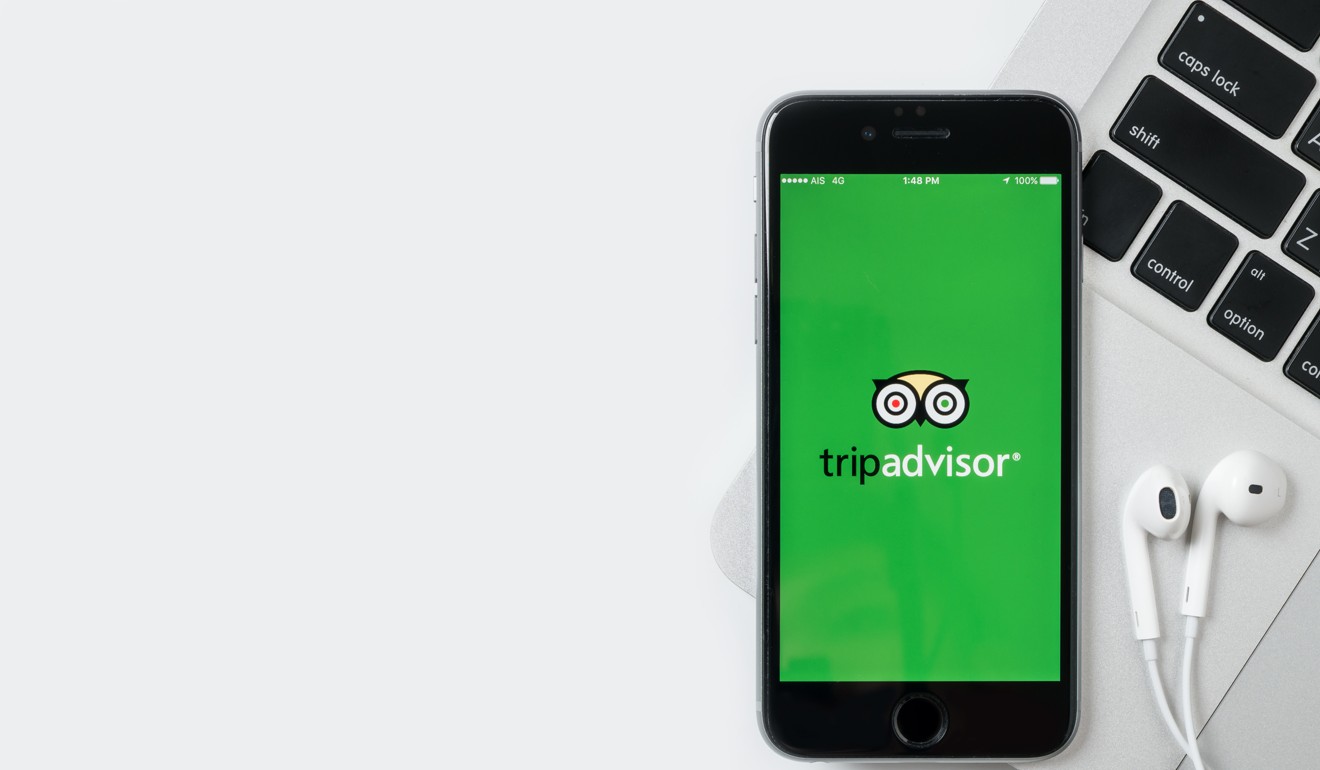
TripAdvisor, Booking.com have revolutionised booking holidays, but how much can you really trust online travel reviews?
Online travel agents prioritise ‘citizen reviews’ of hotels, restaurants and activities, and most of us rely on them when choosing holidays, but how many reviews are fake and what should we watch out for? We talk to the experts

How was your weekend away? Was the hotel any good? So leave a review online! Whatever website you used to book your last trip, the chances are it emailed you when you got home to remind you to write a review. Did you?
Many of us feel obliged to leave a review if we have a good experience – especially if the hotel was small and independently run – and almost all of us rely on other travellers’ reviews to make our decisions on where to stay, where to eat and what to do. But are we reading real reviews?
We now live in an era where so-called citizen reviews are decisive, where what online travel agents like to call ‘user-generated content’ is more important than any other factor in making our travel purchasing decisions.
“Almost every traveller – 95 per cent – reads reviews and booking decisions are dependent on them,” says Singapore-based Alex Tan, vice-president of Asia-Pacific sales & operations for guest feedback platform TrustYou, which powers guest reviews on dozens of travel sites, including Google, Kayak, and Hotels.com.
“Our study on the effect of reviews on hotel conversion rates and pricing showed that travellers are 3.9 times more likely to book accommodation with higher review scores, given equal prices.” Tan also states that 76 per cent of travellers are willing to spend more for accommodation that gets high ratings from others.

It’s official; we’re now addicted to online reviews, and it’s a global trend. “Traveller reviews are an important part of both choosing a destination and deciding on travel accommodation and activities,” says Maggie Rauch, senior director of research at travel market research company Phocuswright. “We see this globally, including our most recent research in China, Southeast Asia and India.”
Probably the best known ‘user-generated’ website globally – aside from Facebook – is TripAdvisor, which has collected, more than 600 million reviews of 7.3 million hotels, airlines, attractions and restaurants since it was founded in 2000.
In its end-of-year review, TripAdvisor noted that the average Japanese traveller wrote more reviews than any other nationality in 2017. In Hong Kong, the most reviewed restaurant was the Ozone Bar, and Victoria Peak was the most reviewed attraction.
However, what is a surprise to many is that many online reviews may be fake. “TripAdvisor certainly has a large number of fake reviews,” says Tom Bourlet, who runs the travel blog spaghettitraveller.com and has run the marketing for global travel brands.
He currently works as the search and paid media manager for thestagcompany.com. “You can go on a number of websites such as Fiver or Blackhatworld to purchase fake reviews by bulk.”
Bourlet claims to have dealt with several brands that are buying reviews in the hundreds from such sites, or whose staff simply create reviews. “It is a very easy game to manipulate, which makes it all the more frustrating for honest brands who are trying to build a strong representation of the quality service they deliver,” he says.
Our study on the effect of reviews on hotel conversion rates and pricing showed that travellers are 3.9 times more likely to book accommodation with higher review scores, given equal prices
TripAdvisor says that its dedicated investigations team has taken action against 60 different ‘optimisation companies’ around the world since 2015. “TripAdvisor was built on the principles of transparency and it is incredibly important to us that our site remains a useful and accurate source of information to consumers,” a TripAdvisor spokesperson told the Post.
However, some have hacked the system to expose flaws, such as the ex-fake restaurant reviews writer Oobah Butler, who made a fictional restaurant in a shed the top-rated restaurant in London on the travel website.
“As eye-catching as this experiment was, it actually doesn’t tell us much about fake reviews in the real world,” said the TripAdvisor spokesperson. “Most fraudsters are only interested in trying to manipulate the rankings of real businesses – and that is important, because there is a crucial distinction between fake reviews for a real restaurant, as opposed to a fake restaurant.”
TripAdvisor said it had removed a number of the fictional restaurant’s reviews before the listing itself being identified as fraudulent and removed from the site, all before Butler’s story was published.
Tan doesn’t think that mass purchase of fake reviews is much of a problem. “Travellers nowadays can’t be fooled that easily – they read reviews, compare, check hotel websites and other offers,” he says. “Instead of buying fake reviews, hotels should put their efforts into collecting and marketing their own reviews, as this helps to improve their scores and ratings across the web.”
TrustYou tries to circumvent the possibility of fake reviews by capturing guest feedback from a variety of channels, including online surveys sent from hotels to verified guests, as well as from the likes of Google, TripAdvisor, Booking.com and Facebook Messenger.

However, in this ‘trust economy’ reputation is currency, with fake reviews also used as a tool for corporate online sabotage. “I have personally dealt with a previous competitor who gained 500 reviews within 24 hours on a well-known review site, all with identical text,” says Bourlet. “Upon reporting them to the review site, the reviews were removed and their entire account was banned from the website … this opens up the possibility that you could manipulate this in reverse by sending hundreds of fake reviews to a competitor and then reporting them.” Such an act would raise the suspicions of Google’s search algorithms, which could relegate website down the ranking for hosting duplicate content.
Visual content – photos and video – from travellers is quickly rising in importance, and probably plays a bigger role now
Either way, it’s best to avoid the reviews on the venues’ website, and keep an eye out for bulk-bought fake reviews. They’re easy enough to spot; if a review is very short and very positive, low on detail, contains lots of spelling mistakes, and includes the name of the hotel several times, it is probably fake. Also look at the dates the reviews were posted; if there are a lot of reviews posted within a few days, then none for weeks, be suspicious.
“Negative reviews can be useful – if someone states in a one-star review that they didn’t have enough towels, or the checkout time is a bit late, then it shows me there isn’t much to complain about,” says Bourlet, who nevertheless says that reviews that give a hotel three stars are generally the most accurate. “I ignore the extremely angry reviews, as well as the overly happy ones.”
“Use a few different resources if you are concerned about fake reviews,” says Rauch. Trustpilot, Booking.com and TripAdvisor are all worth consulting even if you don’t plan to use those platforms to make a booking.

For now, customer feedback remains king, with citizen reviews the standard for measuring quality across many industries. However, new types of reviews are emerging. “Visual content – photos and video – from travellers is quickly rising in importance, and probably plays a bigger role now,” says Rauch.
Photos of hotel rooms are certainly decisive, though video reviews are still relatively rare. “We think that video reviews won’t have a very big impact,” says Tan. “Writing a review or filling out a survey on your smartphone takes much less time.”
Perhaps, but committing to leaving feedback creates a never-ending circle of online tasks. Should our desire to get away from it all and escape our busy work lives – and our devices – really come with a layer of online admin requested by needy apps?
Next time you stay in a hotel, experiment with not reading strangers’ reviews and not leaving one yourself. As travel hacks go, it’s one simple way step off the travel treadmill and find the authentic travel experience you were looking for in the first place.